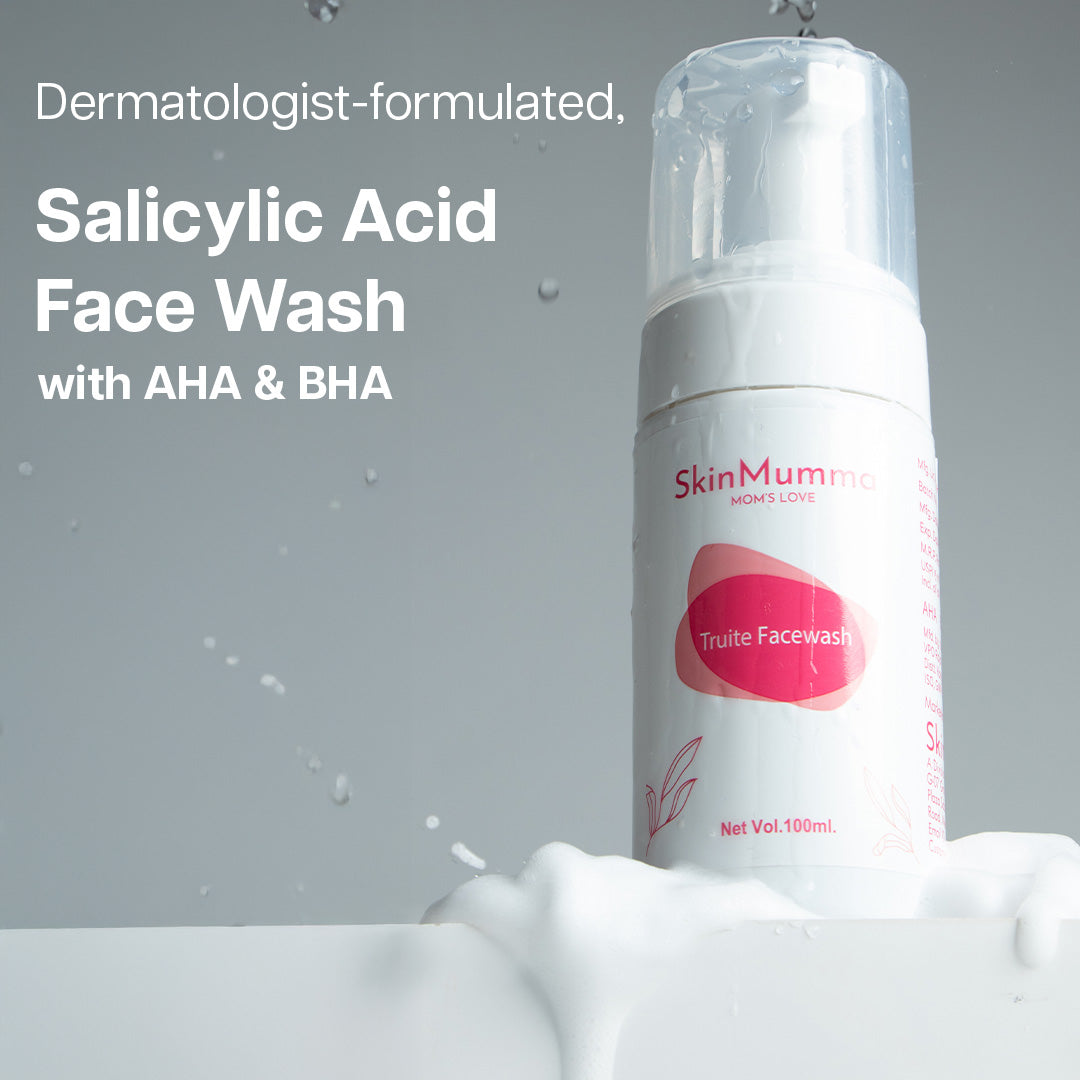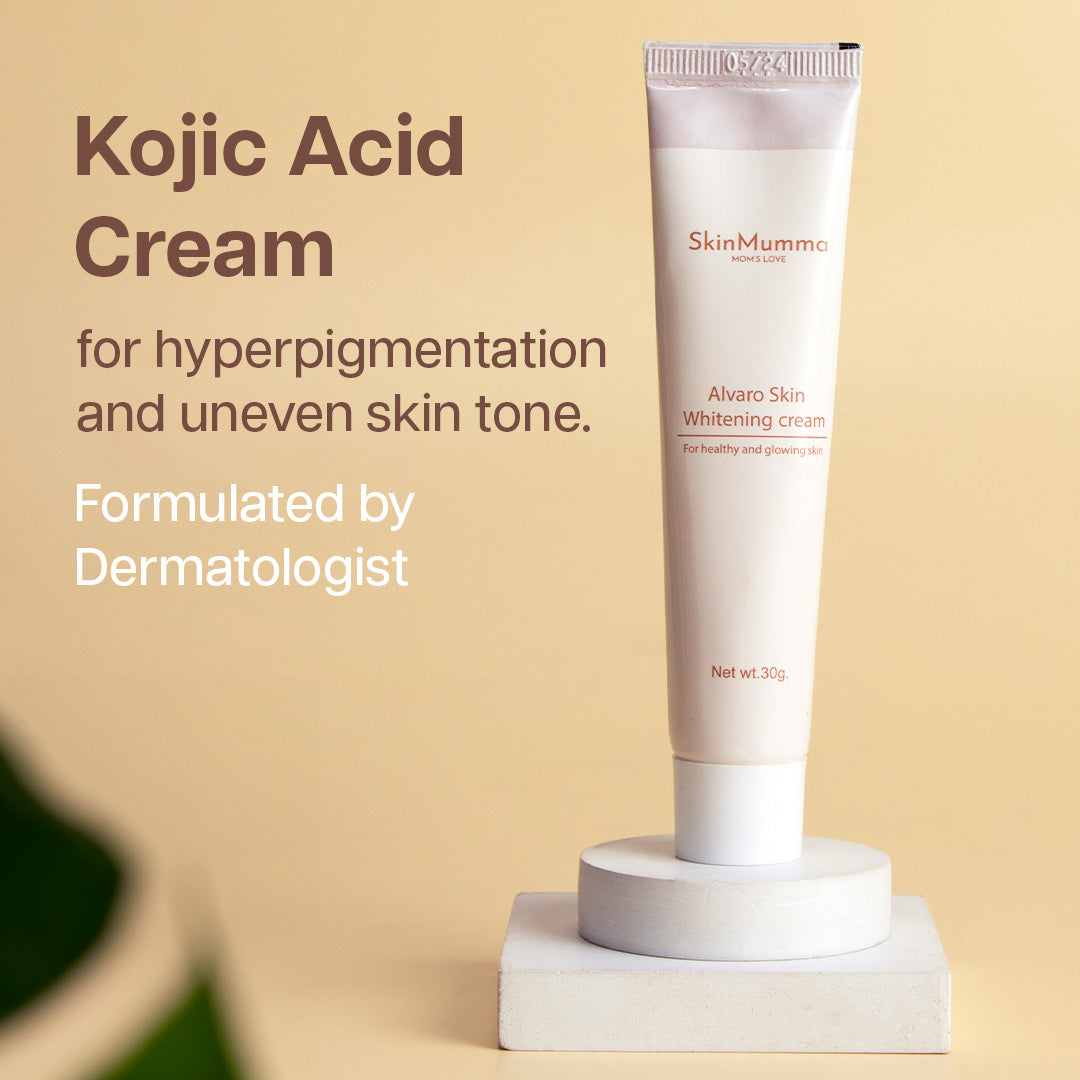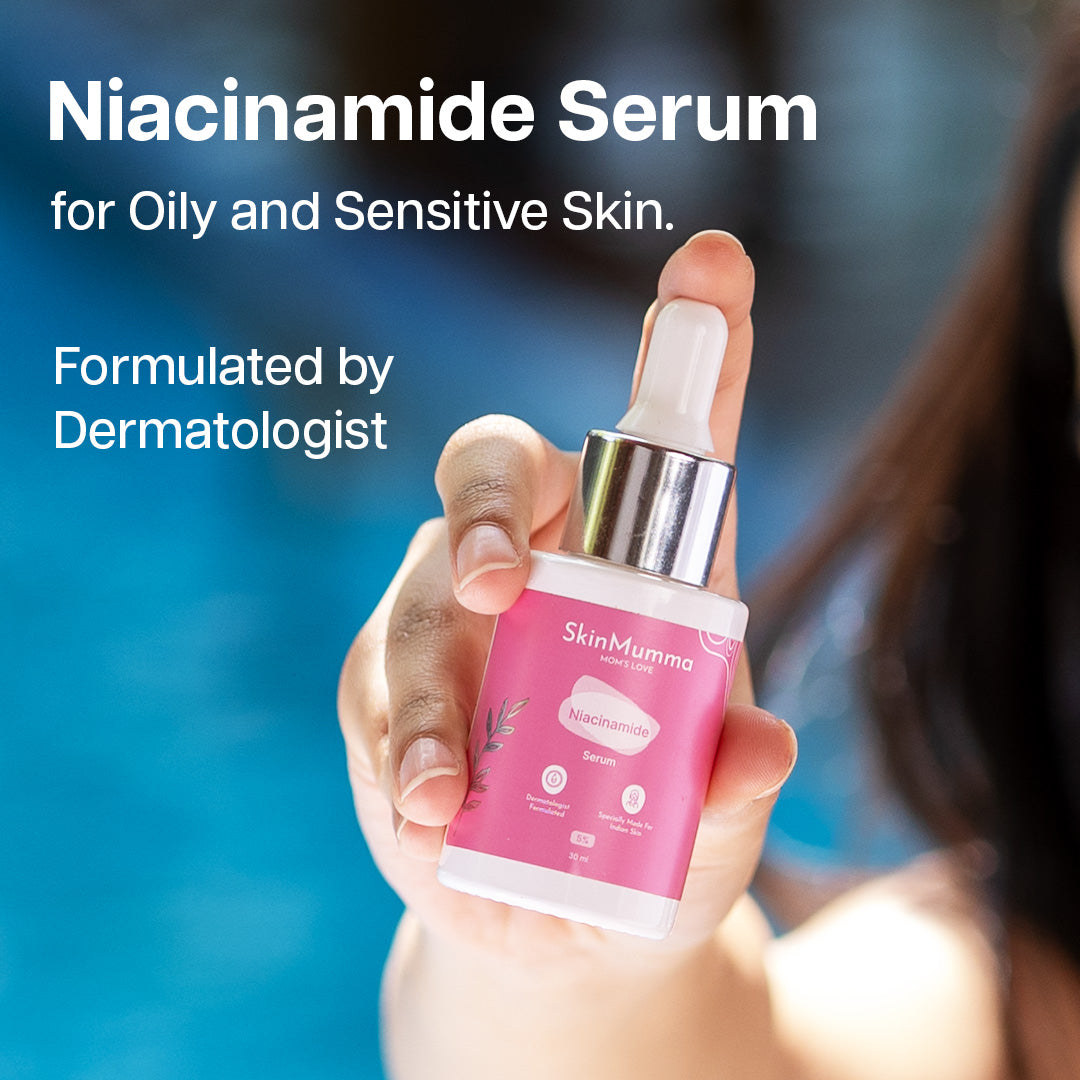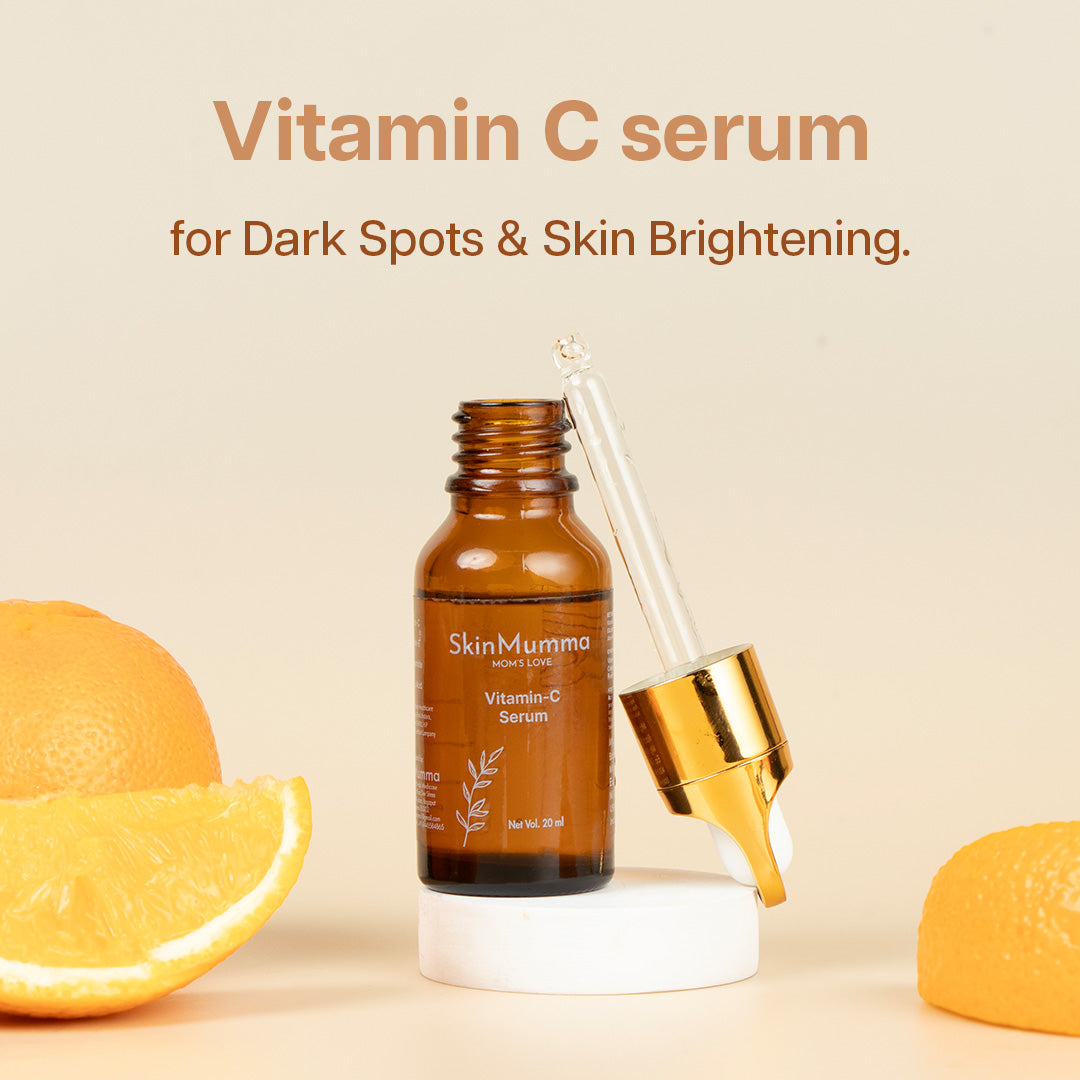Vitamin C and retinol (Vitamin A) are powerhouse ingredients widely celebrated in skincare. Vitamin C Serum, a brightening superstar, fades dark spots, boosts collagen, and gives your skin a radiant, youthful look. According to recent studies, about 73% of participants saw improvements in hyperpigmentation using vitamin C. Retinol, the anti-aging hero, smooths out fine lines, speeds up cell renewal, and leaves your skin fresh and revitalized. When combined, they’re a powerhouse duo tackling everything from wrinkles to dullness. Whether aiming for a brighter complexion or firmer, smoother skin, these two ingredients are your secret weapons!
5 Tips for Using Vitamin C Serum and Retinol Together
Using Vitamin C and retinol together can supercharge your skincare routine, offering a powerful combo that targets everything from dullness to fine lines. However, it’s essential to know how to layer them properly to avoid irritation and maximize the benefits of using Vitamin C serum. Here are some simple tips to help you effortlessly add both into your routine:
1. Alternate Use for Beginners
If you’re new to either Vitamin C or retinol, start by alternating their use. You can apply Vitamin C in the morning and retinol at night. This gives your skin time to adjust while reaping the benefits of both ingredients.
2. Vitamin C in the AM, Retinol in the PM
Vitamin C is best used in the morning to protect your skin from environmental stressors and free radicals. After cleansing, apply a Vitamin C serum recommended by dermatologists, followed by sunscreen, to maximize protection and brightening benefits throughout the day. Retinol works its magic at night when your skin regenerates, so apply it after cleansing in your nighttime routine.
3. Layering Technique
If you’re experienced with both ingredients, you can layer them carefully. Apply Vitamin C first (as it has a lower pH value ranging from 2.5 to 3.5 and absorbs faster), let it dry for a few minutes, then follow up with retinol. To avoid irritation, you can buffer with a hydrating serum or moisturizer in between.
4. Use SPF During the Day
Both Vitamin C and retinol can make your skin more sensitive to the sun, so make sure to use a broad-spectrum SPF every day when adding these ingredients into your routine.
5. Start Slow with Retinol
Retinol can be strong for some skin types, so start with a low concentration (around 0.25%) and gradually build up to higher strengths as your skin gets used to it.












Dr Manisha Bindal is the senior dermatologist and laser skin expert with more than 25 yrs of experience in clinical practice. She has to her credit various advanced skin care procedures and Laser skin treatment protocols including chemical peels, fillers, threads and injections. You can trust the expert hands for any skin or hair related problems or any procedure if need be.